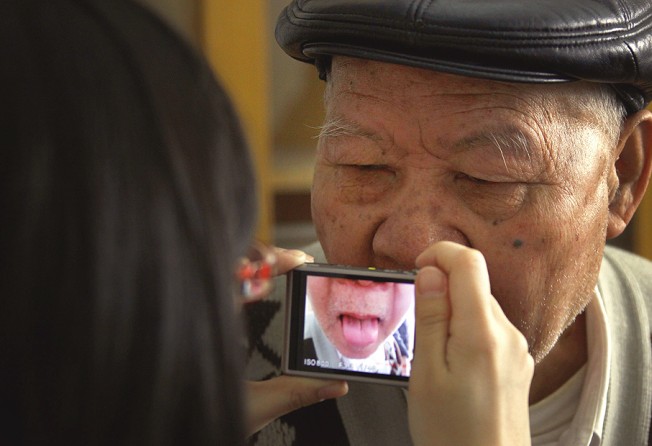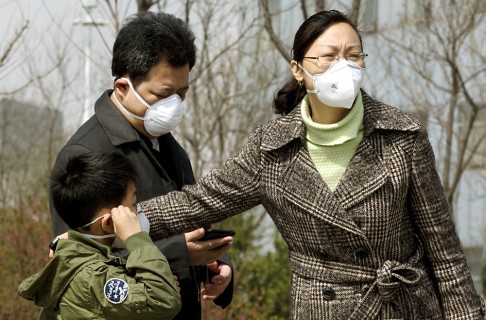
Beijingers spend a quarter of their lives sick, landmark study finds
Beijingers can expect to live as long as people in developed nations, but lose many more years than them to serious illness and disability

China has for the first time measured the average number of years lost to disability and serious illness in a new life expectancy survey, finding that Beijingers could spend a quarter of their lives ill or debilitated.

Hale is calculated by subtracting from life expectancy the average number of years lost to ill health, which is weighted based on the severity of the health problem. More than 6,000 adults from four districts and two counties in Beijing took part in the survey.
The CDC survey found that an 18-year-old in Beijing can expect to enjoy 40.2 years of good health.
Broken down by gender, males of that age who are expected to live up to the age of 80 would live 43.4 healthy years.
Their female counterparts expected to live to the age of 84 would live 38 healthy years.
The life expectancy of local residents is 81.5 years, based on last year's official data.
This means that even if women in the city live an average of four years longer than men, they may enjoy fewer healthy years. The most prevalent illnesses in the study were cancer, followed by arthritis, cerebrovascular and heart disease, diabetes and hypertension.
"The Hale study of Beijing adults provides a hint to us that although the life expectancy of our people is on par with advanced countries, their quality of life is not ideal," said Deng Ying, director of the CDC. "They must endure 10 to 20 years of unhealthy status due to various reasons," Deng said.
The Hale figure for Western countries was about 10 years less than the average life expectancy, while Beijing's was 18 years, Deng added.
The study "demonstrates that women spend a higher proportion of their lives with illnesses or disabilities", Deng said. "Therefore women should attach more importance to their health and quality of life."
Canada's figures for 2007, the most recent year for which Hale data is available, show Canadians can expect to live in full health for 73 years in a country with an average life expectancy of 80.7 years.
Luo Futian, a professor of epidemiology at Sun Yat-sen University's School of Public Health, said food security and pollution issues probably contribute to China's comparatively lower Hale figure.
"Medical resources also play a role. Advanced countries have sound public health systems where diseases can be cured before they become serious, resulting in people living longer years in good health," he said.
According to the Ministry of Health, in 2012 more than 260 million patients nationwide suffered chronic diseases, which were responsible for 85 per cent of deaths. Seventy per cent of medical bills were spent on chronic illnesses, it said.
